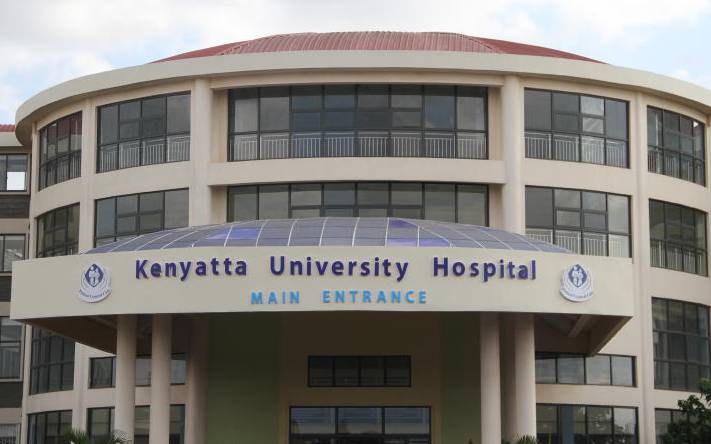
It has been nine months since the launch of the pilot phase of Universal Health Coverage (UHC) in Kenya. The government took on the momentous task of providing medical care to the people of Machakos, Kisumu, Isiolo and Nyeri counties. The ultimate hope of this was to draw lessons that will inform the scale-up of the services across the remaining 43 counties by 2022. What lesson has this journey brought to fore, three months away from the proposed end of the pilot phase?
What stands out on how we have ?nanced the pilot phase? The government set aside Sh4 billion to implement the pilot phase. Some 70 per cent of the sum was dedicated to medical supplies and channeled to Kenya Medical Supplies Authority (Kemsa) while the remaining 30 per cent was given to the pilot facilities as conditional grants for improvements in readiness for service delivery. Has the money allocated been suf?cient to deliver UHC to the people? It is estimated that adequate ?nancing of health requires at least 15 per cent of the government expenditure or 5-6 per cent of the Gross Domestic Product.